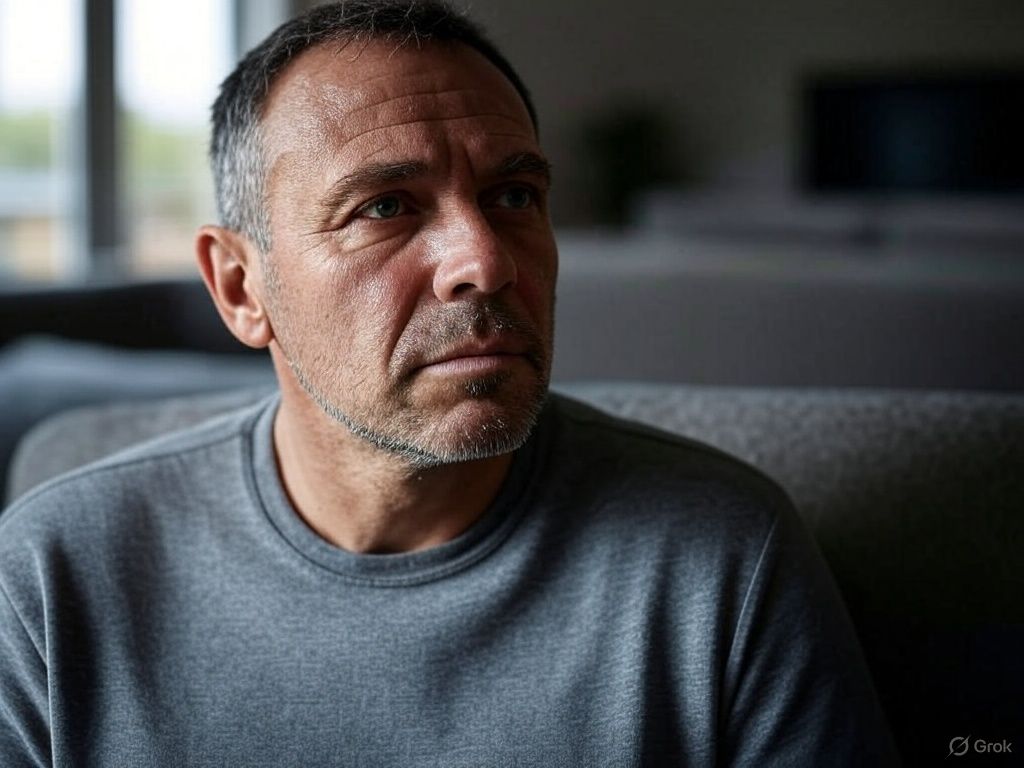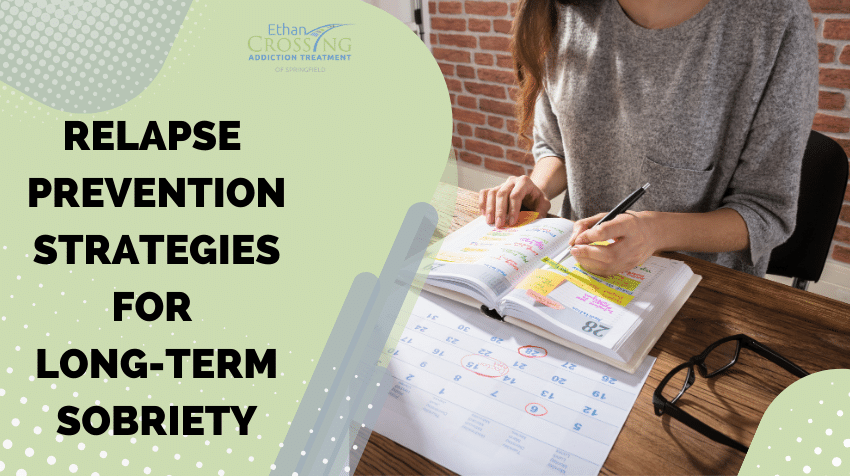5 effective ways to overcome alcohol addiction

Alcohol addiction, also known as Alcohol Use Disorder (AUD), is a chronic disease that impacts physical health, mental stability, relationships, and social functioning.
In Ghana, like in many parts of the world, alcohol is often normalised in social and cultural contexts, making it difficult for many to recognise when casual drinking turns into dependency.
However, recovery is not only possible; it’s increasingly achievable with the right tools, support, and mindset.
Find below five effective ways to do away with it.
There are several places in the world that intrigue both scientists and the general public.
1. Acknowledge the problem and set clear goals

The first and most critical step is to acknowledge the problem and identify your personal reasons for wanting to change.
According to the Stages of Change model developed by Prochaska and DiClemente, people go through a process that begins with recognising that their alcohol use is problematic.
MUST READ: 10 African countries that consume the most alcohol
Motivation is key in this stage.
Reflecting on the reasons to quit, such as preserving your health, repairing relationships, regaining control, or pursuing a career, creates a strong emotional foundation for change.
Writing down your goals and tracking your alcohol intake can help you see patterns and triggers more clearly.
The more personal and specific your reasons for quitting, the more committed you’ll be to following through.
2. Seek professional help and evidence-based treatment

Seeking professional help is the next essential step, especially for those with long-standing or severe addiction. Treatment options include:
READ ALSO: 10 countries where drinking, selling alcohol could land you in jail
-
Pharmacological support (e.g., Naltrexone, Acamprosate, Disulfiram)
Cognitive-behavioural therapy (CBT), widely used globally, is particularly effective in treating alcohol addiction because it helps individuals identify negative thought patterns, cope with cravings, and avoid relapse.
3. Build a support system around you

Another crucial aspect of overcoming alcohol addiction is building a strong and supportive network.
Studies show that people with access to emotional support from friends, family, and recovery groups are significantly more likely to maintain sobriety.
In Ghana, local church groups can provide that sense of community.
Confiding in someone you trust – a friend, relative, mentor, or religious leader – can reduce shame, build accountability, and increase motivation.
Recovery is easier when you are not alone.
4. Replace alcohol with healthier coping mechanisms

Replacing drinking with healthier coping strategies is vital.
Alcohol activates the brain’s reward system, so people often use it to feel pleasure, escape stress, or numb emotional pain.
Instead, consider:
Exercise: Running, dancing, football, or even brisk walking releases feel-good endorphins.
Mindfulness: Meditation, prayer, or yoga can centre the mind and reduce anxiety.
Creative expression: Activities like painting, music, writing, or even cooking offer emotional release and joy.
Community service: Giving back can provide a renewed sense of purpose and pride.
These lifestyle changes retrain the brain and make recovery not just about abstaining but about living better.
5. Commit to long-term recovery and relapse prevention

Anyone serious about long-term recovery must prepare for setbacks and stay committed.
Relapse is part of the journey — not a sign of failure. Recognise high-risk situations (like parties, stress, or peer pressure) and plan ahead.
Tips include:
It requires commitment, time, and a combination of psychological, medical, social, and emotional support.
With the right approach, support system, and inner drive, recovery is not only possible — it can lead to a more fulfilling life than ever before.







